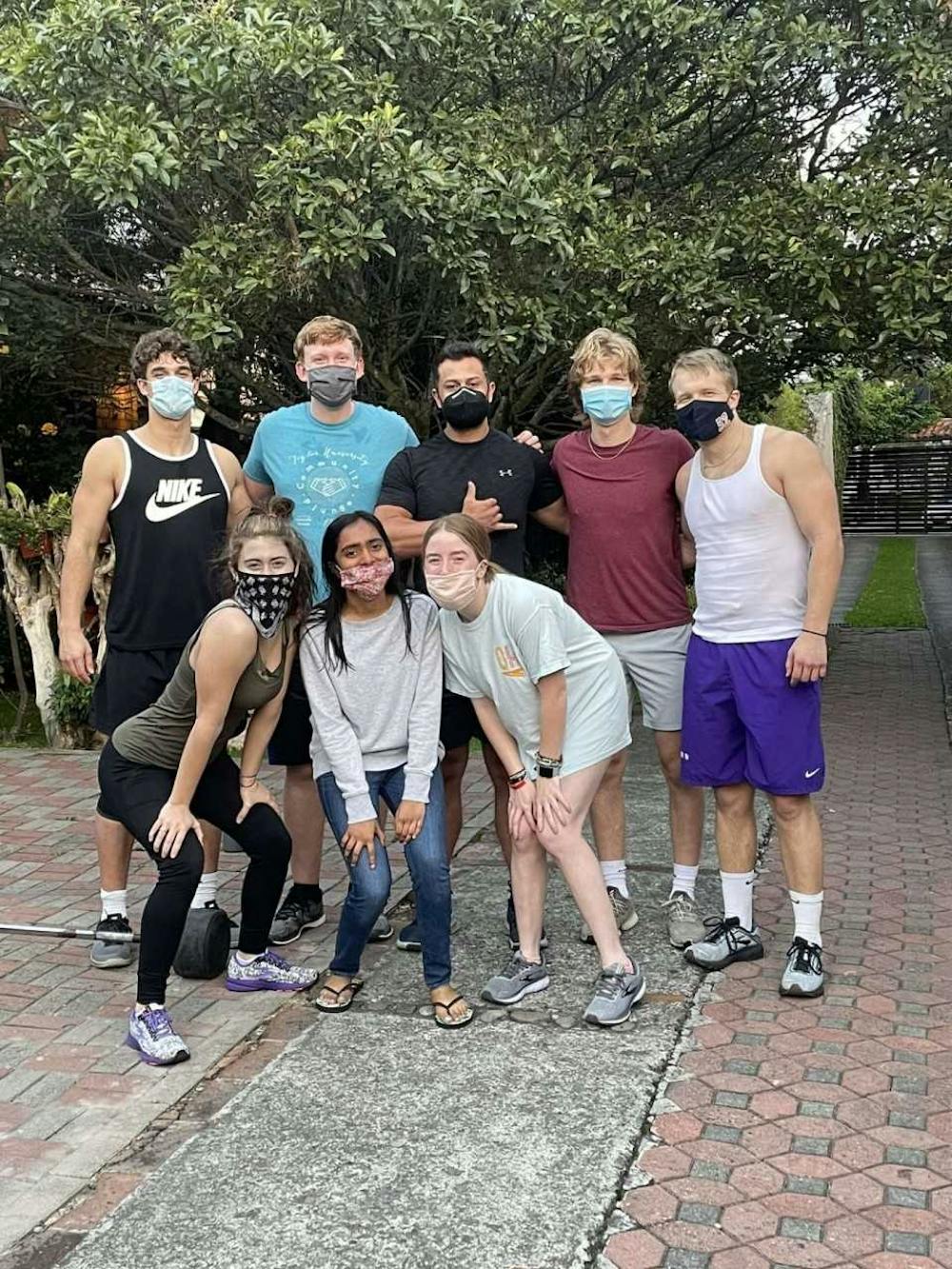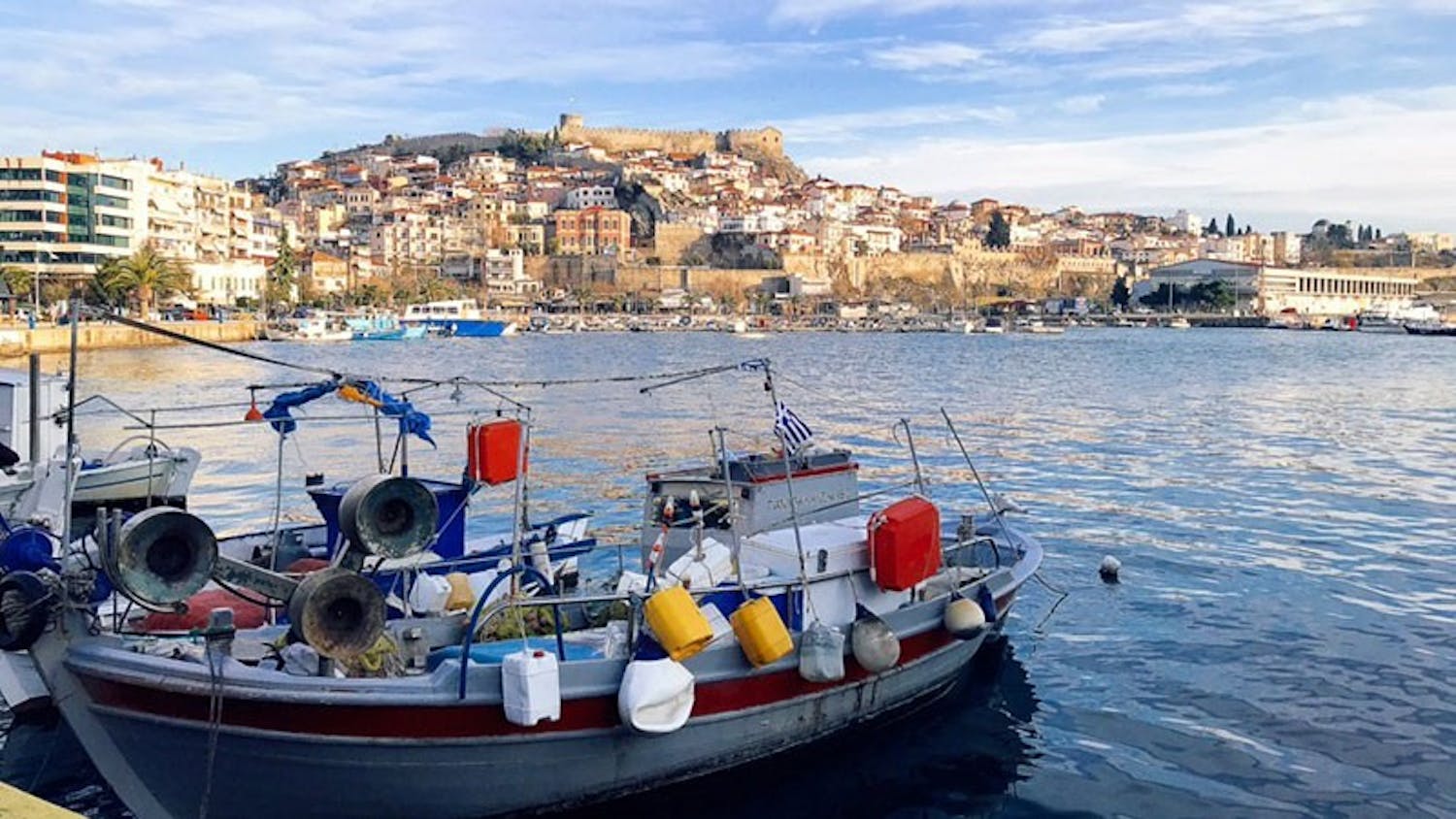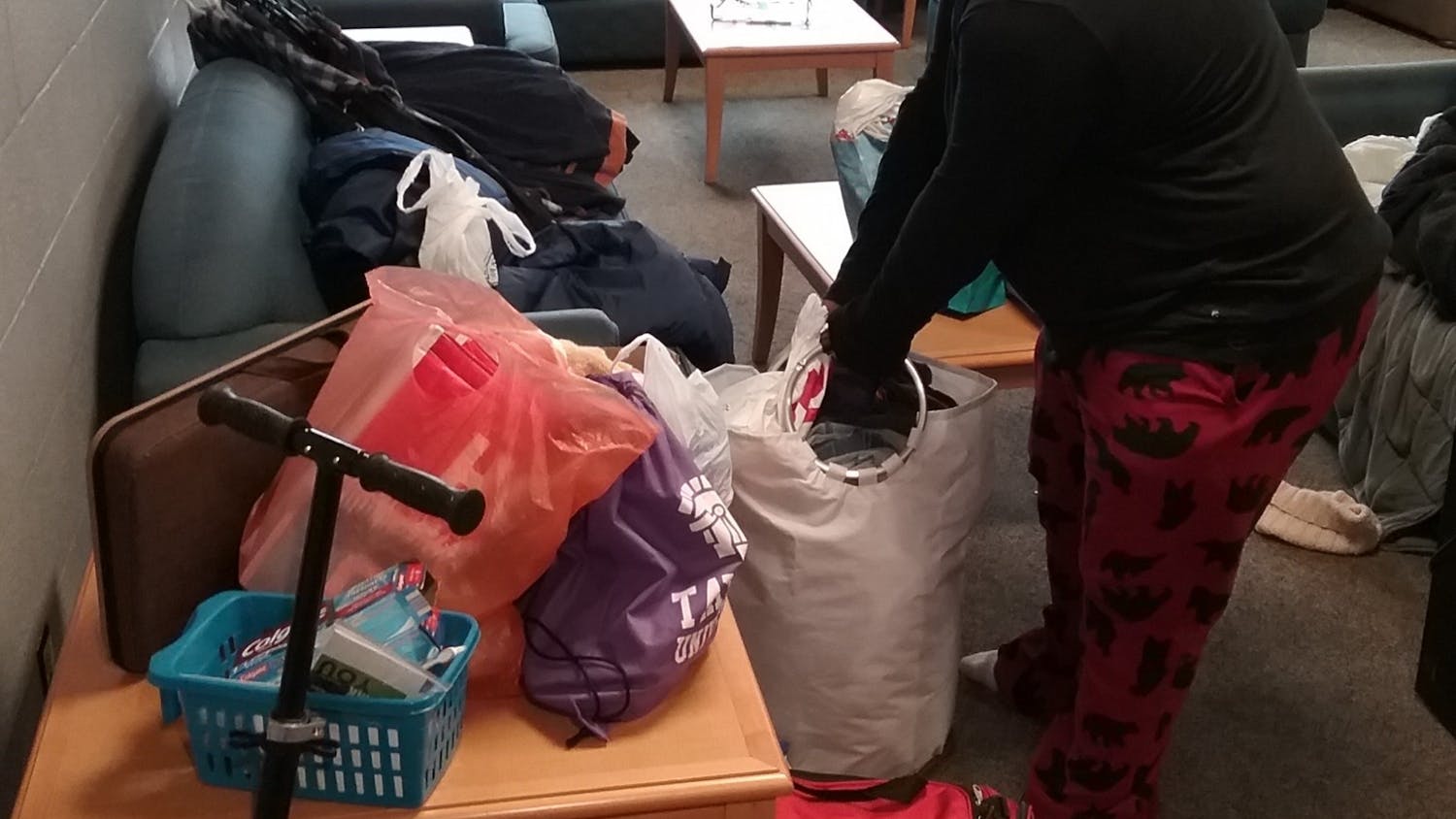Taylor University’s Spring semester study abroad programs look different due to COVID-19.
Charlie Brainer, the dean of international programs, plays a big role in the study abroad programs at Taylor. He has a lot of insight when it comes to the changes made to these trips as a result of the pandemic.
Brainer mentioned three active study abroad programs for the Spring semester of 2021. These trips have been approved and are taking place in Ecuador, Thailand and England. While the Ecuador and Thailand trips are offered directly through Taylor, the Oxford program is offered through Scholarship and Christianity in Oxford (SCIO) but remains available to Taylor students as well.
The Ecuador trip currently has seven students abroad. The Thailand trip, a newer program that Taylor has introduced, has five students. The Oxford trip has two students, totaling 14 students overall.
Brainer emphasized that this is significantly lower than previous years, which usually total in around 30-35 students.
Although it is exciting that Taylor is offering study abroad semesters once again, Brainer makes it clear that safety is a priority.
"Obtaining negative tests right before flying is critical," Brainer said.
This is a significant challenge since, “people can continue to test positive for up to 3 months after diagnosis and not be infectious to others,” according to the CDC. Aside from this, there were many other factors that played a role in determining whether or not students would be able to travel.
Brainer stressed that all necessary precautions were taken to send healthy students overseas.
One of these students, junior Tyler Watson, studying in Ecuador, shared more information about these precautions.
Watson’s biggest observation of differences is between pandemic responses in Ecuador and America. In Ecuador, going without a mask is not acceptable.
Watson understands this importance and follows through in order to be courteous to his host family and his peers overseas.
He said they also had to undergo a quarantine period for 10 days once they arrived. This quarantine has since been completed. Students Zoomed in to classes during this time and followed safety measures in order to take in-person classes.
Watson attested to Brainer’s emphasis on obtaining negative tests before flying, as well as throughout the trip.
The Ecuadorian government requires testing before coming into the country. Students have to test negative after their quarantine period, before going into the Galapagos and before returning home.
Lauren Kopchick, a sophomore at Taylor, is currently studying abroad at the University of Oxford.
“The process involved a lot of different forms and questionnaires,” Kopchick said. “Most of them were just safety and health related.”
Kopchick found out she was going to Oxford during October of 2020. This was the beginning of a long process in order to study abroad.
When she arrived, Kopchick also had to undergo a 10-day quarantine period. She had food delivered to her during this time and halfway through quarantine, she did a self-administered COVID-19 test and mailed in her results.
“As much as I tried to stay positive, I seriously didn’t think I was going to be able to come because of COVID-19,” Kopchick said. “There were two or three different times when I would hear, ‘Okay, this group said you could go, but now we have to hear from this other group.’”
Kopchick’s biggest challenge about studying abroad during COVID-19 is that she is unable to meet with any of her professors in person. Her courses are exclusively on Zoom, and the schools and most of the libraries remain closed to the public.
Although it is difficult, these precautions allow students to study abroad and engage in global learning.





